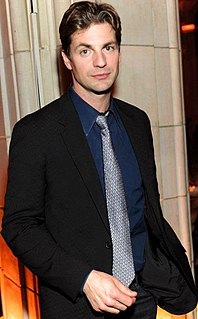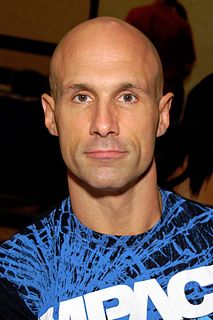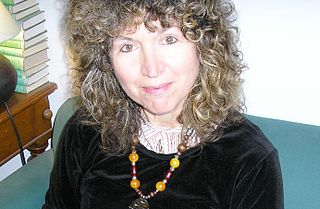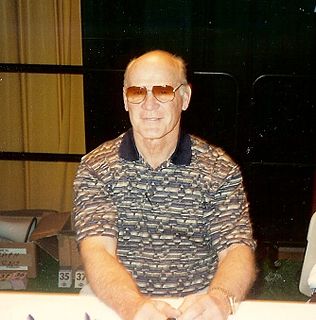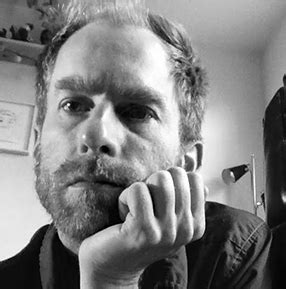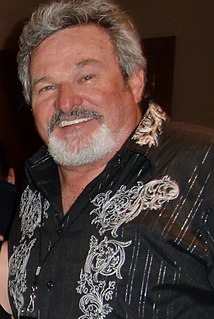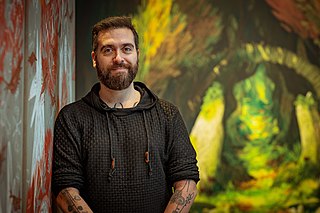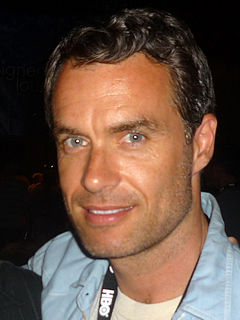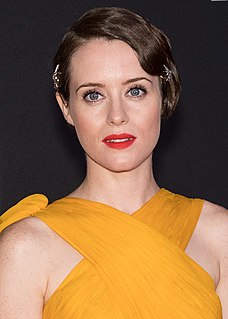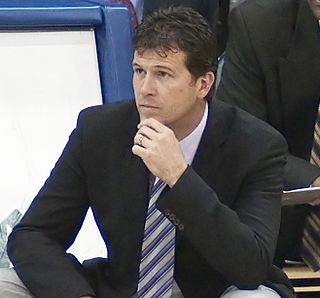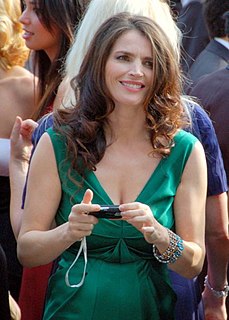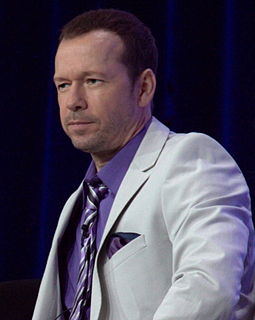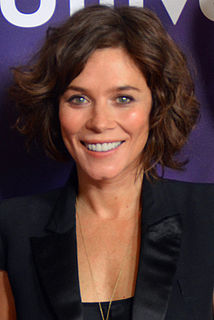Top 1200 Character Of A Person Quotes & Sayings
Explore popular Character Of A Person quotes.
Last updated on April 14, 2025.
Brian is an archetypal character, a bit like Don Juan, which is how I play him. He's a blast to play. He believes unapologetically in his freedom. He holds nothing back. Something I'm learning is, you can't hate the character you play. If I think my character is an asshole, that's all that will come across. He is drawn in an extreme way, but that doesn't mean he's not a person.
Character is just another word for having a perfectly disciplined and educated will. A person can make his own character by blending these elements with an intense desire to achieve excellence. Everyone is different in what I will call magnitude, but the capacity to achieve character is still the same.
I wanted Yoda to be the traditional kind of character you find in fairy tales and mythology. And that character is usually a frog or a wizened old man on the side of the road. The hero is going down the road and meets this poor and insignificant person. The goal or lesson is for the hero to learn to respect everybody and to pay attention to the poorest person because that's where the key to his success will be.
I'd say I'm a pretty intense person. I'm definitely not my Denise character on 'Scrubs,' nor my Jane character on 'Happy Endings,' but I'm a mix of the two. I really feel that I'm kind of every character that I've ever played; it's just a part of me. And I am a bit of a control freak like Jane. I'm very, perhaps, obsessive like that.
With each character in a movie, I'm looking for a human being. I'm looking for a person. And to me, I'm looking for a person that's full of strengths and weaknesses, a person that's full of successes and failures, a person that's full of joy and sorrow. I'm interested in people that are human beings that are alive.
If you're reading a book that I've written in the first person, without named characters, you will periodically perhaps as a reader remind yourself: Well, this is or isn't the author. This is a character.I think the second person turns that dynamic onto you, or situates it within you: This isn't really me, but what aspect of the character is really me? That creates a loop of seduction.
Honesty is the foundation of a sound character and the keystone of all other virtues. It is the cement without which all other redeeming features are fractured and without anchor. A dishonest person may be kind, witty, and very capable, but the strength of character simply isn't there. Honesty does not come by degrees. A person is either all honest or he is dishonest. You can be true or you can be false, but you can't be both at the same time.
I do not invent characters. There they are. That's who they are. That's their nature. They talk and they behave the way they want to behave. I don't have a character behaving one way, then a point comes in the play where the person has to either stay or leave. If I had it plotted that the person leaves, then the person leaves. If that's what the person wants to do. I let the person do what the person wants or has to do at the time of the event.
If you think of even Tolstoy or a book like 'Anna Karenina,' you go from character to character, and each section is from the third person perspective of a different character, so you get to see the whole world a little more kaleidoscopically that way. That's traditional narrative manner, and I haven't done a book like that before, but I enjoyed it.
First person allows deeper insight into the protagonist's character. It allows the reader to identify more fully with the protagonist and to share her world quite intimately. So it suits a story focused on one character's personal journey. However, first person shuts out insights into other characters.
We build character in order for us to withstand the rigors of combat and resist the temptations to compromise our principles in peacetime. We must build character in peacetime because there is no time in war. Character is the most important quality you can find in any person, but especially in a soldier. It is the foundation that will get anybody through anything he may encounter. Reputation is what people think you are; character is what you are- that is the staying power.
A character does seem to have a life of its own, but I have what I'd describe as a very fluid relationship with them - as I'm thinking of what they will be like, they shift in and out of focus - they are a projection of some idea inside of me, even if a character is inspired by an actual person, I'm well aware that it is not that person. My job is to identify the essence of the character, and to bring them to life long enough to commit the acts, say the words or simply "be" in a way that allows them to affect and be affected by other elements and events in the imaginary world of a story.
In novels you're able to occupy character's internal thoughts and it's really hard to do in a film or a TV show. When you're reading a character's thoughts or when it's in first person, you're reading kind of their own story, so you have the opportunity to see what makes that character complex or complicated. And to me that's what the whole point of fiction is.
For me, personally, I'm more comfortable with what I would call third-person entertainment, meaning watching a character that's explicitly not me and experiencing something through a character's eyes, than what I would call first-person entertainment, which is a video game in which I am the character.
And it interferes with your ability to be a good actress if you're constantly aware of yourself as a person. To me, it isn't valuable to think about how I'm coming off all the time if I'm trying to create a character, because that's a process that I love. It's like falling in love and surrendering to another person or a character.
Whatever character you play, whatever film it is, whatever story it is, for me, in my training it's always something that gives you a layered character, it's understanding the secret of that character, and so whatever comes up as "Oh, I thought that person was that," you are always carrying that within you. So actually what you're playing all the way through is both and it's just what comes out in the scene or the circumstance.
If you're playing a fictional character, you can create a character, you can sort of take certain liberties. And when you're playing a real person who's actually standing there watching you, you know, it's - you do feel a weight. You know, you feel an obligation to not only be - to give the best performance that you can, but to make sure that you represent this person.
Not every character that you play is going to be somebody that you like or love, but every character that you play has a story that is worth telling. If you're not the person to tell it, that's one thing. But if you don't want to tell it because you are afraid of the unpopularity of the character, I view that as a missed opportunity.
